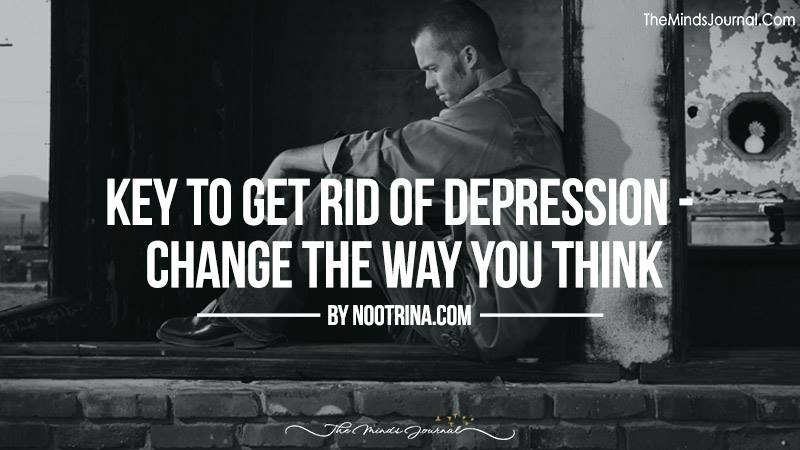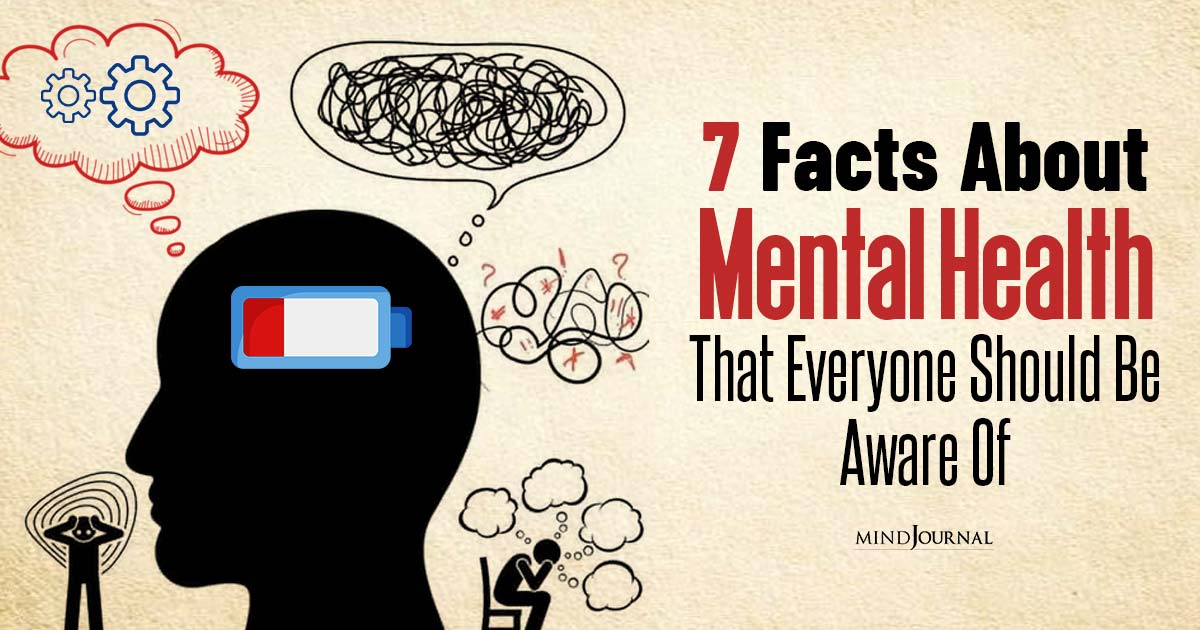Get Rid Of Depression
I am here to talk about a pressing issue that has been growing by the day, and we in our busy lives had no time to even notice it. When you were in school how often did you hear about depression or any other mental illness for that matter?
Gone are days when mental disorders were a rare thing. More people are becoming victims of depression and anxiety, and you can blame it all on technology. According to the National Institute of Mental Health, 5% of the world’s population suffers from depression. That’s a whopping 350 million people.
Why the rise?
If you date back twenty years from today the number of people suffering from depression would be no more than 0.5%. To begin with, the reason for the increase in depression is the gradual change in the thought process of the people. In fact, research shows that depression begins with negative thinking.
How does it start?
It’s okay to have negative thoughts when you have a setback, but the problem starts when your whole thinking pattern becomes negative. You fail to see the good and start picking out the negatives in each and everything. This habit becomes a way of life, and that’s when depression creeps in.
Depression is seen as a major threat today because it has the power to deteriorate our entire life. Its old news that our thoughts reflect our actions. So having depressive thoughts will automatically have an impact on our daily lives. The increase in the rate of suicide is also strongly connected with depression.
Read The 10 Basic Do’s And Don’ts Of Depression
Getting rid of depression
As I already mentioned, the root cause of depression is negative thinking. To treat depression, you have to get started by getting to the root of the issue, which is your thinking pattern. Nootrina.com has an infographic highlighting how technology fuels anxiety which can lead to depression.

Practicing Positive Thinking
Positive thinking cannot be taught in a day. It takes time and effort, but one fine day it will eventually pay off. The first step is to transform every single negative thought into a positive one. For example, let’s say that you have recently lost your job. The first negative thought which will hit you is that getting a job is extremely difficult. Get started on this very thought. Start thinking that getting a job is very easy because you have the right skillset and experience.
Read 6 Positive Psychology Practices To Boost Happiness and Improve Your Life
Victory Journal
Transforming each and every thought from negative to positive is going to take time. There might come a time where you will get tired of this routine, that is exactly when you have to motivate yourself. The best way to motivate yourself is to maintain a victory journal. Every positive thought you have will lead to some difference in your life and also give you small victories. Log them into a victory journal and review it whenever you feel down.
You can also write down your positive qualities. When you are caught in depression, your mind gets comfortable with the negative thinking pattern. It blocks you from seeing any good quality you possess. In other words, there is a mental block that you will have to break. When you write down all the positive qualities you have in you, the mind gets triggered to focus on those positive aspects. You will slowly begin to act on them and nurture those positive traits.
Differentiate Thoughts and Reality
Depression pushes you into a state of illusion where you begin to believe all those negative thoughts. Let’s get back to the job example, when you think it is difficult to find a job, your subconscious mind creates situations that make it tough to find a job and you start pursuing jobs that are hard to get. There may be companies having 10 open positions, but you might be looking at companies that have only one opening which requires more experience.
It is extremely important that you differentiate thoughts from reality. Begin to see what the situation actually is and find out the possibilities you have. Stop confusing your thoughts and reality.
Stop Worrying
Depression comes along with the package of endless worrying. You begin to overthink about the future and imagine problems that may or may not occur. Therapists suggest that the first rule to overcome depression is to stop worrying.
Tell yourself more often that there is no need to worry and that everything is going to be absolutely fine. Positive thinking can help you get out of the cycle of worrying
Read 6 Techniques to Stop Worrying
Practice Yoga
Yoga is a proven solution for depression and anxiety. It establishes harmony between the mind and body and enables positive thinking. Various breathing techniques, headstands, and backbends can help you attain a healthy mind and body. Yoga influences the mind by channeling positive energy from its surroundings.
Depression is an extremely challenging mental illness. The first step towards getting rid of depression is to change your belief system. Begin with positive thinking, and you will automatically see the change in your life.








Leave a Reply
You must be logged in to post a comment.